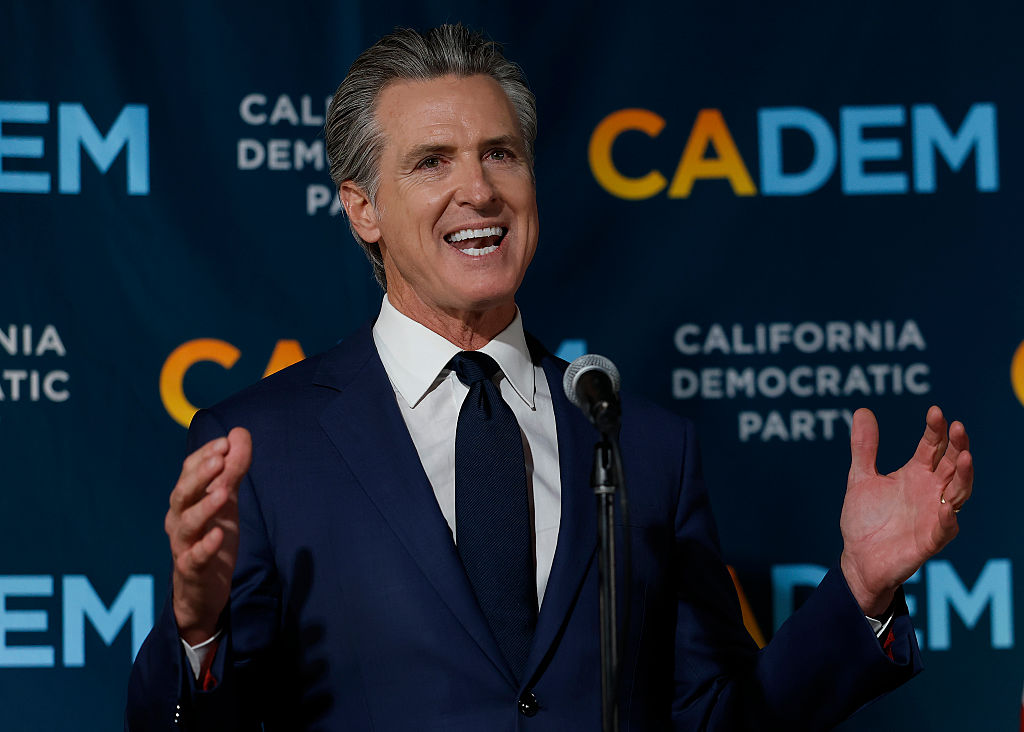Investigation Exposes How Google Manipulates Your Search Results Through Algorithms

The Wall Street Journal has undertaken a thorough investigation into how Google, despite its denials and disavowals, manipulates search results to influence what you learn and find online.
For years Google executives have insisted that they do not use human intelligence to arrange the results of online searches. Yet, the Journal found that, “Google’s algorithms are subject to regular tinkering from executives and engineers who are trying to deliver relevant search results, while also pleasing a wide variety of powerful interests and driving its parent company’s more than $30 billion in annual profit.”
The Journal also found that, “Despite publicly denying doing so, Google keeps blacklists to remove certain sites or prevent others from surfacing in certain types of results.”
The tech giant also influences search results through its auto-complete feature prior to searching the internet. “In auto-complete, the feature that predicts search terms as the user types a query, Google’s engineers have created algorithms and blacklists to weed out more incendiary suggestions for controversial subjects, such as abortion or immigration, in effect filtering out inflammatory results on high-profile topics.”
In response to the investigation, a Google spokeswoman, Ms. Levin, told the Journal, “We do today what we have done all along, provide relevant results from the most reliable sources available.”
Google, which has more than 90% of the market share for online searches, is an extremely powerful company capable of controlling what people know and what they can learn online.
The Journal tested the word “abortion” in Google’s search engine and compared the results to Bing and DuckDuckGo’s results. According to the test, Planned Parenthood was featured in 39% of the results on the first page of Google’s results compared to 14% for Bing and 16% for DuckDuckGo.
Ms. Levin responded to the test by claiming that Google does not promote Planned Parenthood through its algorithm, but the available evidence suggests otherwise.
Google has also been exposed by a former staffer who spoke with the undercover investigative organization Project Veritas. The staffer, Zachary Vorhies, claimed that Google has a “news blacklist” document which censors conservative websites such as LifeNews.com, Newsbusters and the Media Research Center.
According to one researcher, Google even has the power to influence the results of an election. Indeed, they have already done so.
Dr. Robert Epstein, Ph.D., a senior research psychologist at the American Institute for Behavioral Research and Technology, is one of the lonely voices that has been speaking out about Google’s manipulation of search results. Dr. Epstein’s research has focused particularly on the impact of Google’s search result manipulation on elections.
In a testimony before the Senate Judiciary Committee in June of 2019, Dr. Epstein claimed that, “In 2016, biased search results generated by Google’s search algorithm likely impacted undecided voters in a way that gave at least 2.6 million votes to Hillary Clinton (whom I supported).”
Dr. Epstein also claimed that, “On Election Day in 2018, the “Go Vote” reminder Google displayed on its home page gave one political party between 800,000 and 4.6 million more votes than it gave the other party. In other words, Google’s “Go Vote” prompt was not a public service; it was a vote manipulation.”
The evidence Dr. Epstein provides is disconcerting, though not surprising.
In a leaked video following the election of President Donald Trump in 2016, Google executives held a staff meeting in which they conveyed significant remorse about the election results.
In the video, Google co-founder Sergey Brin states, “I know this is probably not the most joyous TGIF (weekly meeting) we have had. Let’s face it, most people here are pretty upset and pretty sad because of the election.”
Brin goes on to say, “Myself, as an immigrant and refugee, I certainly find this election deeply offensive and I know many of you do too. And I think it’s a very stressful time, and it conflicts with many of our values.”
In the same meeting, Google CFO Ruth Porat broke down in tears recounting Hillary Clinton’s loss that Tuesday evening. After texting a friend who was at what would have been Clinton’s election night victory party, Porat said her friend responded, “People are leaving. Staff is crying. We’re going to lose.” With her voice trembling, Porat says, “Uh… that was first moment I really felt like we were going to lose, and it was this massive kick in the gut that we were going to lose.”
Numerous other examples of liberal bias among Google’s top executive team was demonstrated in the video, and what’s remarkable is that there is not a single moment of conservative opinion expressed. The support for Clinton and the sense of dread seemed to be unanimous.
It couldn’t be clearer that Google is an enormously influential company run by an entirely liberal executive team. And the Journal’s excellent investigative work further exposes their manipulative practices.
I think it’s past time we consider whether using Google as our primary search engine, which most Americans do, is wise.
ABOUT THE AUTHOR
Zachary Mettler is a writer/analyst for the Daily Citizen at Focus on the Family. In his role, he writes about current political issues, U.S. history, political philosophy, and culture. Mettler earned his Bachelor’s degree from William Jessup University and is an alumnus of the Young Leaders Program at The Heritage Foundation. In addition to the Daily Citizen, his written pieces have appeared in the Daily Wire, the Washington Times, the Washington Examiner, Newsweek, Townhall, the Daily Signal, the Christian Post, Charisma News and other outlets.
Related Posts

Governor Gavin Newsom Becomes a ‘Christian Nationalist’
November 6, 2025



